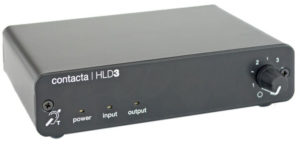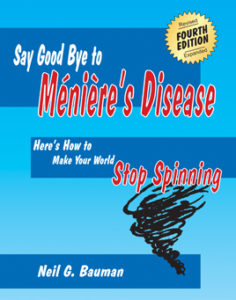by Neil Bauman, Ph.D.
If you are hard of hearing, you need to learn to advocate for yourself and your unique hearing needs. One lady did just that. Here is her story.
I asked about an interpreter or CART [real time captioning] for cardiac catheterization and this is how it turned out.
I went to the catheterization laboratory the week before the actual catheterization and talked to the people who would be working with me. They agreed that they could have someone drop their mask to talk to me and that it would be the same person each time. They said that the things I’d be asked were so few they didn’t think I would need an interpreter during the procedure. However, it was up to me whether I wanted one for before and after—when the important stuff was discussed and explained. I opted not to get an interpreter because I knew apart from the procedure itself, I could ask them to repeat things and/or write them down for me. As a result, I would not be stressed.
When I showed up a week later for the actual catheterization they all remembered me. (No doubt, the “Face Me I Read Lips” sticker I wore on my gown also helped. This was a sticker not a button because we’d be in a “no metal allowed” room.)
Shortly after returning home, I started to run a fever. I was prescribed anti-inflammatories and antibiotics. During the day my pain increased, then my right leg started to swell (the one where they entered my artery), then my right leg turned colder than my left. My doctor said, “Get to the emergency room now!” At the ER, they did ultrasounds of my artery and both veins. I had blood clots (deep vein thrombosis) in each vein that were impairing blood flow. I was put on bed rest and given anti-coagulants and clot-buster medicines.
My cardiologist, his partner, the interventional cardiologist, a new hematologist, my primary care doctor and the hospitalist (assigned by my insurance company to coordinate care while I was in the hospital) decided that the interventional guy would go into the veins in the back of my knee and remove as much of the clots as he could via catheters at the catheterization laboratory.
Because I had met the folks at the catheterization laboratory and they had accommodated me before, this time they were the ones talking about how they were going to make sure I could hear/understand. I was going to be on my stomach this time with my head in a pillow, no glasses and only one hearing aid on my “better” ear. They told me to close my eyes and then each came and talked to me to see who I could understand best (a man with a deep voice) and he was made my primary communication person. They also got the interventional cardiologist (who didn’t know me) to work with them on communication during the two hour procedure.
While I’m sure the Versed calmed me, knowing that I would have decent communication was in itself quite calming.
I’m glad I made the effort to discuss beforehand a number of communications options. Together we chose those that worked best for us all. And thankfully they worked just as well during the stressful emergency situation. I call that successful advocacy.
I do too. That was very successful advocacy. And I wouldn’t be surprised if the next they work on a hard of hearing person, they will suggest the same strategies. Way to go!



Leave a Reply